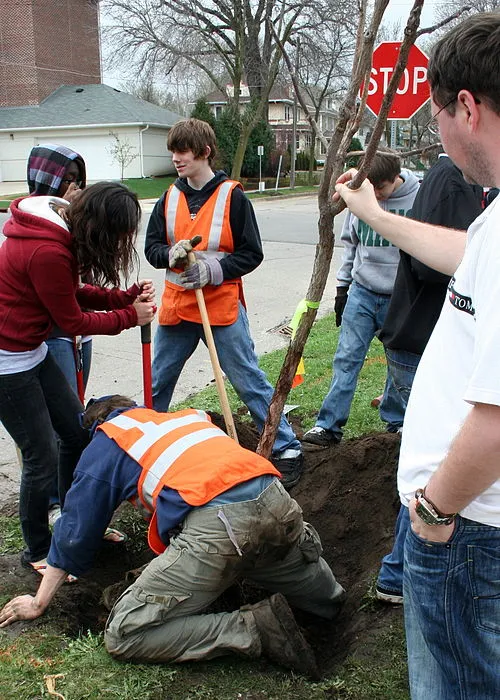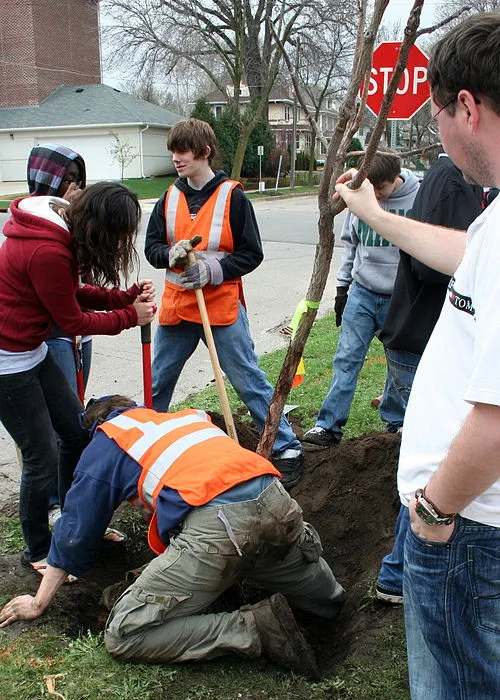
Unraveling the Life of Bernard of Carinola: A Historical Overview
Bernard of Carinola, also known as Bernard of Capua, is a significant yet often overlooked figure in the annals of Christian history. A Benedictine monk and later a bishop, Bernard played a crucial role in the spiritual and political landscape of his time, particularly in the regions of Southern Italy during the 11th century. His life and works have left a lasting impact on both the church and society. This article seeks to explore his life, influences, and legacy.
Early Life of Bernard of Carinola
Born in the early years of the 11th century in the town of Carinola (often associated with Capua), Bernard's early years remain largely undocumented. However, it is widely believed that he was born into a wealthy family, which allowed him access to education and ecclesiastical training. This privilege equipped him with the knowledge and skills that would later aid him in his ecclesiastical duties.
Bernard's spiritual journey truly began when he joined the Benedictine order. At this time, the Benedictines were known for their commitment to monastic life, prayer, and community service, which undoubtedly influenced his later actions as a church leader.
His Ascension in the Church
Bernard's dedication to the monastic life did not go unnoticed. He quickly rose through the ranks, ultimately becoming the Abbot of San Vincenzo al Volturno. His leadership there was marked by significant reforms aimed at revitalizing monastic practices and ensuring adherence to the Rule of Saint Benedict.
Bernard's reputation as a reformer extended beyond his monastery. His efforts to ensure the spiritual and economic well-being of various religious communities led him to be recognized by secular authorities as well. His influence grew, earning him a prominent position within the church hierarchy, ultimately culminating in his appointment as Bishop of Capua in 1075.
Contributions to the Church and Society
As Bishop of Capua, Bernard of Carinola focused on various reforms that strengthened the Church's role in society. His tenure is noted for advocating moral integrity among clergy and reducing corruption within the church. He believed in the necessity of education and spiritual enrichment, which led him to support the arts and promote the establishment of schools. This vision not only improved the clerical community's moral standing but also educated the laity.
He was particularly known for encouraging the building and restoration of churches, highlighting the importance of community worship in a time when many institutions faced decline. Bernard’s emphasis on education also fostered a generation of scholars who would contribute to the broader intellectual revival in Europe.
Legacy of Bernard of Carinola
Bernard’s legacy is multifaceted. He is remembered as a staunch advocate for monastic reform and moral integrity. His contributions laid a foundation for future ecclesiastical leaders who followed in his footsteps. Additionally, his focus on education and social responsibility resonates in modern church doctrine and practices. Today, many view him as a patron of education and social reform within the Christian tradition.
Despite his significant contributions, Bernard of Carinola has not received the recognition he deserves compared to his contemporaries. His life challenges modern scholars and historians to look beyond the well-known figures of the past and recognize those who have made substantial impacts on faith and society.
Conclusion
In conclusion, the life and works of Bernard of Carinola exemplify the profound influence one individual can have on faith, society, and history. His commitment to reform and education has earned him a place in the hearts of many believers and historians alike. To understand the roots of modern Christianity, it is essential to honor figures like Bernard who played pivotal roles in shaping the church's direction during crucial periods.






